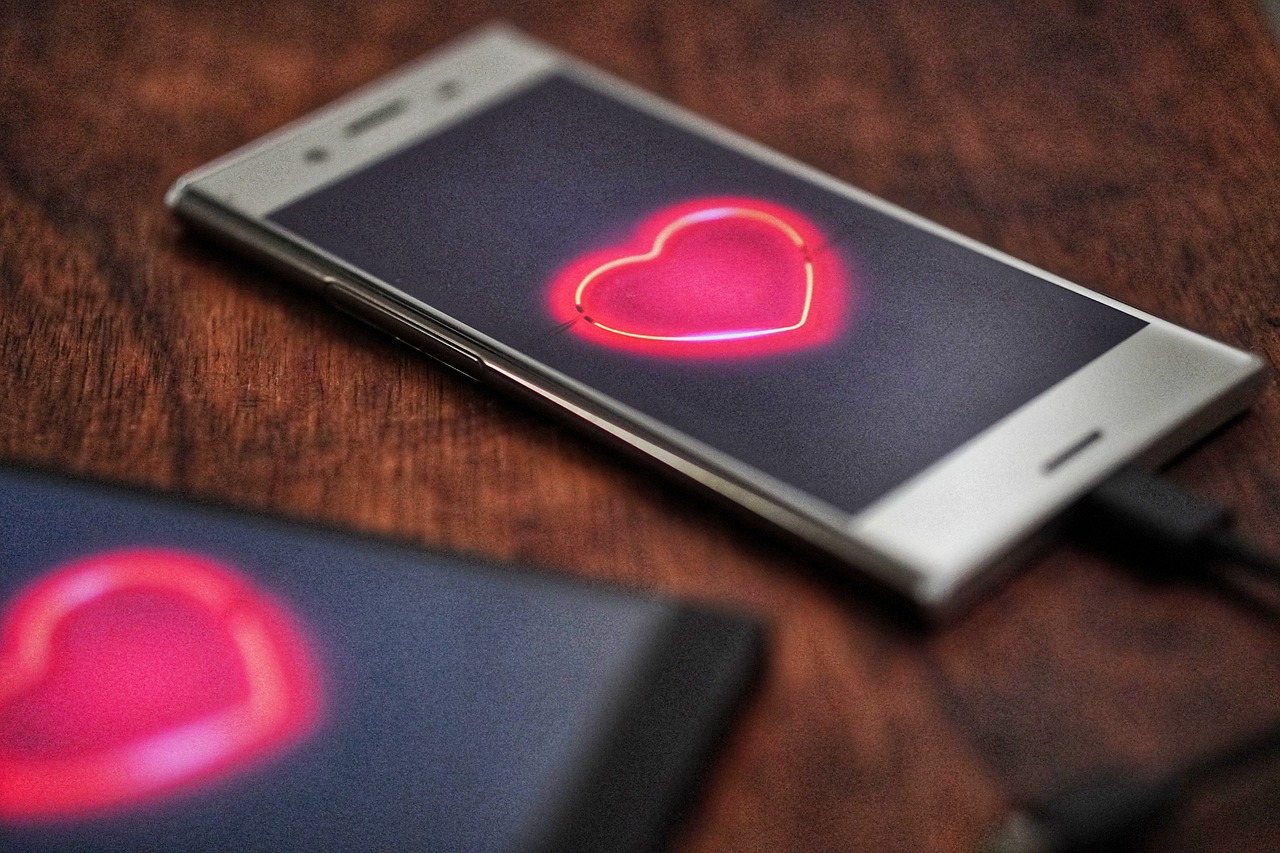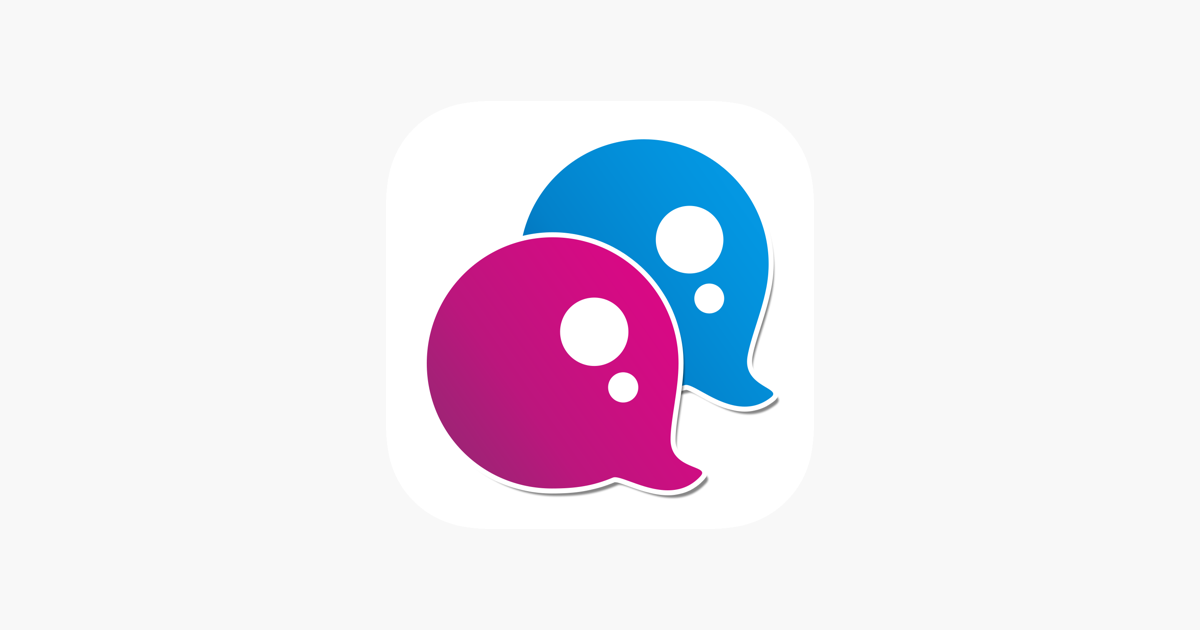A new survey from Indian dating platform QuackQuack highlights how younger daters are embracing a growing number of relationship formats outside of traditional labels. The findings suggest that over 57% of respondents have experienced some form of connection that doesn’t fit the conventional “relationship” category.
The study, which polled more than 11,900 users aged 18 to 30 across Tier 1 and Tier 2 cities, points to the rise of short-term or unconventional dating dynamics. QuackQuack CEO Ravi Mittal commented, “We are in the revolutionary age of dating; every connection made has a meaning today, and they are divided into bite-sized categories. It’s modern, it’s even messy, but it is still made of very real feelings.”
Among the trends highlighted is the situationship, often defined as an undefined but meaningful connection. Long dismissed as unhealthy, the survey suggests many younger daters now see it as a more flexible, pressure-free stage before commitment.
The nanoship, favored by Gen Z, involves very short-lived interactions that act as a testing ground for compatibility. Around a third of women aged 20–24 said they had experienced this type of connection.
Meanwhile, the fanship reflects one-sided admiration, often lasting months without direct interaction. Around 18% of men admitted to having this kind of attachment.
Finally, the microship was described as an intense but fleeting connection, usually lasting just weeks before burning out. It differs from the nanoship in its speed of intimacy rather than its length.
All three of these trends are only a small slice of the matches that users experience, but are noteworthy for being fairly consistent among users themselves. While all three are initially purely negative, they’re also sometimes necessary parts of the dating experience – and dating apps that can take advantage of them may end up with some benefits to user engagement and reduced user burnout overall.















